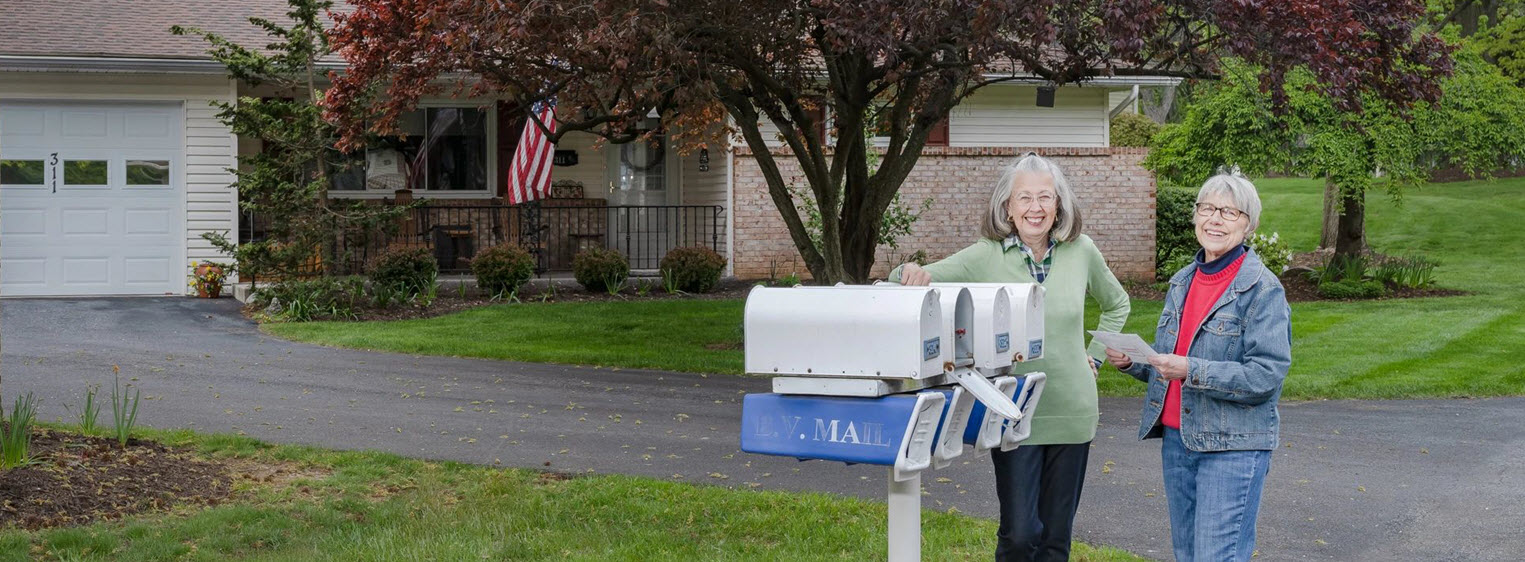Living Single – And Social!
Planning for Friendship and Support As You Age
Carol Watkins and Ray Smallen represent very different sides of the nation’s growing population of seniors who are single. Both, however, have come to the same happy conclusion – aging alone does not mean being lonely.
It does, they say, require assessing your life, your vision for your future, and taking the necessary steps to make it happen. For them, that step was moving to a continuing care retirement community (CCRC).
Proactive plan
As a single, never-married woman, Carol knew she was responsible for taking care of herself. She had also seen her parents thrive at a CCRC. “I’m definitely a planner,” Carol says. “I’ve usually got my life planned several months, if not a year, in advance. It was very important for me to have a plan for how I was going to spend my life.”
Ray Smallen found Asbury through a different path. He and his wife resisted the idea of leaving their home despite having surveyed local retirement communities.
“When my wife passed away, I had support in my old community,” Ray says. “I had a dog that I walked regularly and I would run into neighbors. But the social interaction was kind of hit and miss. I could see that I needed to move to a smaller space, a place where somebody else has to mow the yard and take care of snow removal.”
Alone but not lonely
As someone “who likes his solitude,” Ray enjoys the privacy of his cottage and small yard. But living in a senior community where something is always happening on campus and you receive a calendar of events each month encourages him to get out and interact with people more than he would if he had remained in his old neighborhood, Ray says.
“You don’t have to sit around and be alone if you don’t want to,” he says.
The research on social isolation
The physical effects of aging are well-known and much-studied. In recent decades, a new body of research has focused on the emotional effects as well. Today, social isolation is receiving a great deal of attention, and with good reason.
A 2016 study on social isolation in the journal Proceedings of National Academy of Sciences looked at the effects of isolation from adolescence through late adulthood. It found that the amount of social connections you have throughout life affects your physical health, including blood pressure, and longevity. Social isolation also leads to higher rates of depression, loneliness, and over time, increased risk for dementia.




